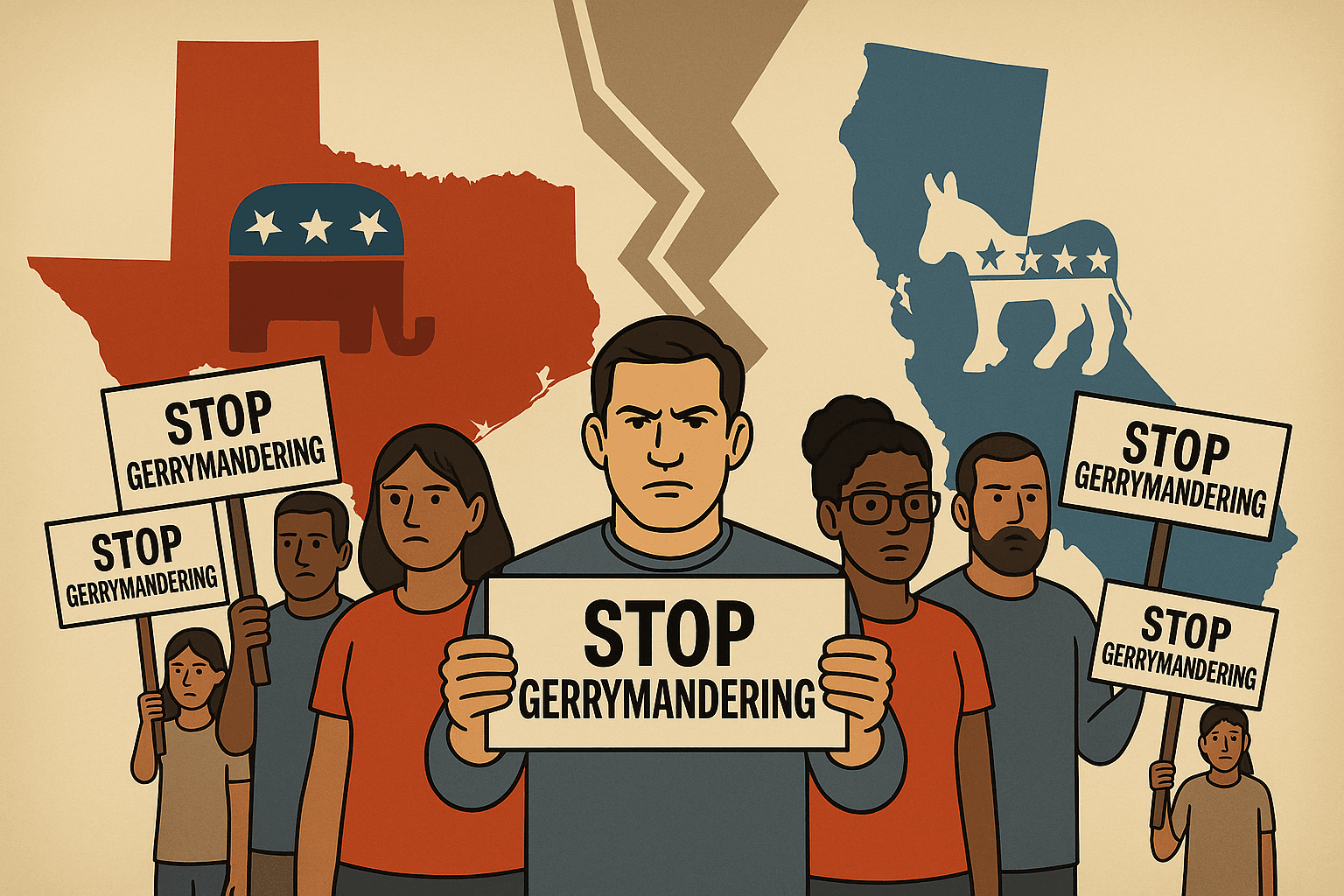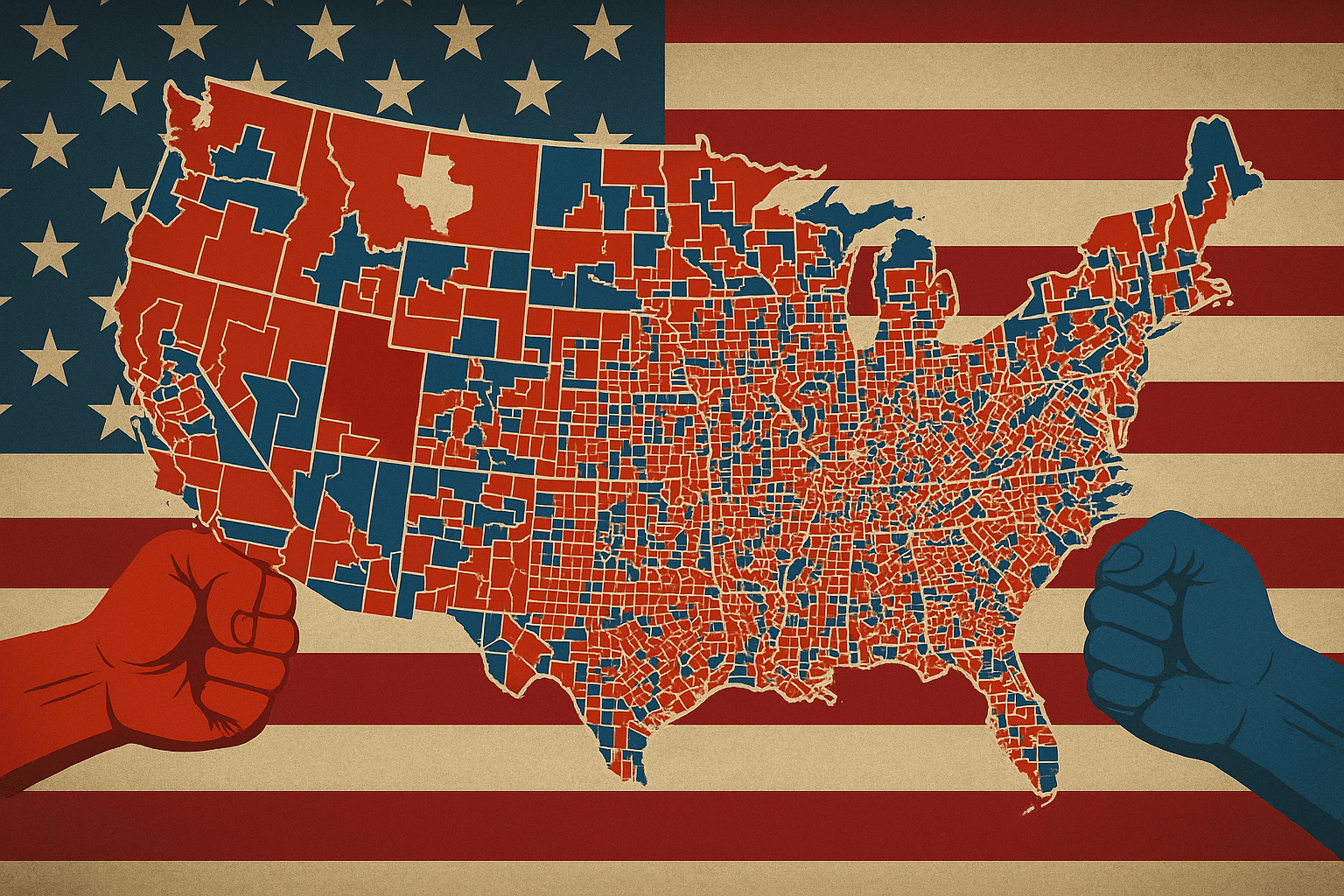Only 17% say U.S. government has consent of the governed

At a shocking 17%, the number of likely voters who believe that the federal government has the consent of those it governs-- a principle on which the United States was founded-- has reached a new national low, reflecting a widespread and transpartisan discontent with Washington.
The last time we reported these figures over a year ago in February of 2010, the number was still very low, but not this low. At that time, with the Tea Party movement in full swing, only 21% of voting Americans believed that the federal government had the consent of the governed and 75% of voters were "angry at the policies of the federal government."
Today, even as support for the Tea Party movement reaches new lows, the most recent Rasmussen report reveals that the number of likely voters who believe the government has the consent of the governed has dropped to an all-time low of 17%. The poll, conducted on a sample of 1,000 likely voters earlier this month, asked the following question:
"The Declaration of Independence says that governments derive their authority from the consent of the governed. Does the federal government today have the consent of the governed?"
17% said yes, 69% said no, and 14% were undecided. The timing of this revelation, along with the sheer numbers themselves, tells the story of a deep, transpartisan discontent with the policies of the federal government. This isn't about left or right, Democrat or Republican, union or Tea Party, and it isn't a mere disagreement over policies either.
It's one thing to strongly, even vehemently disagree with a federal law or policy, but to say that the sum of federal policies as a whole are so egregious that the government itself is illegitimate, that it is governing without the consent of its people... these are the kind of claims that we're hearing from the discontented peoples of the Arab Spring.
That such an idea is embraced by 69% of likely voters in America, while 14% can't even say they are sure that the federal government is legitimately governing, speaks volumes of the dysfunction inherent in our federal government, or else a rhetorical climate that has desensitized Americans to using radical language to express their discontent or disagreement.
This then raises the question: do American voters really mean it when a majority of them say that the regime in Washington is illegitimate, or are they merely using overblown rhetoric and exaggerating to express their discontent? And if they really understand the implications of their position and they really do mean it, why is change so slow in coming to Washington? Why do the successions of Presidents and Congresses seamlessly carry on the status quo?




